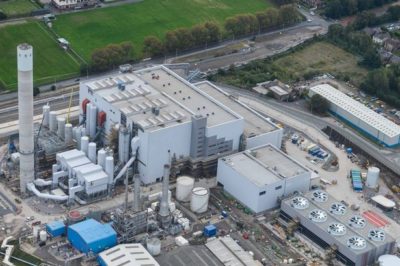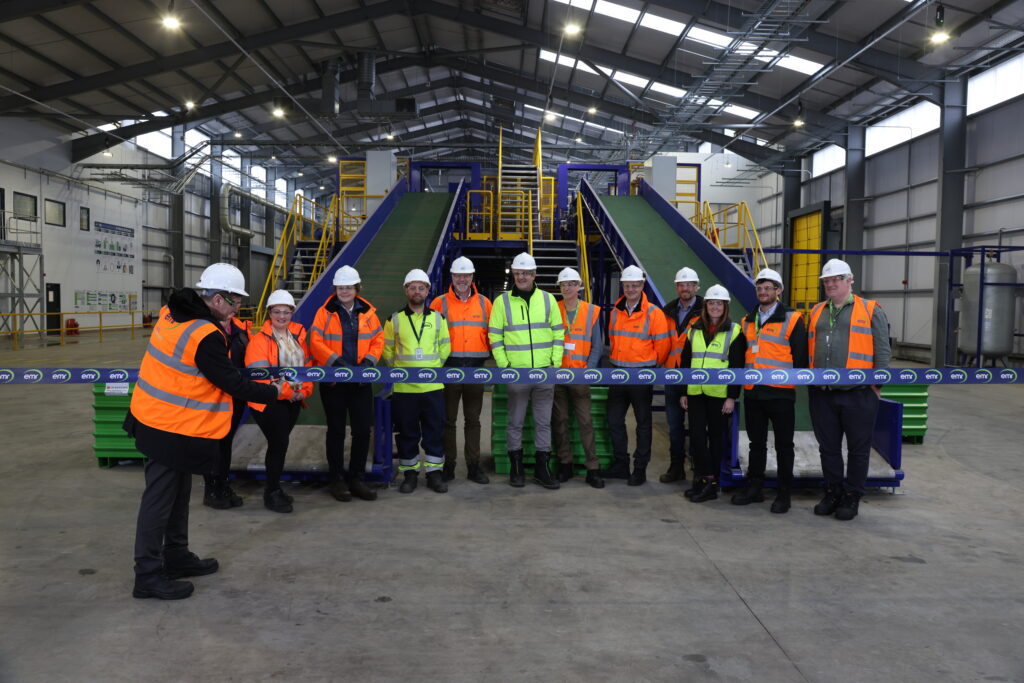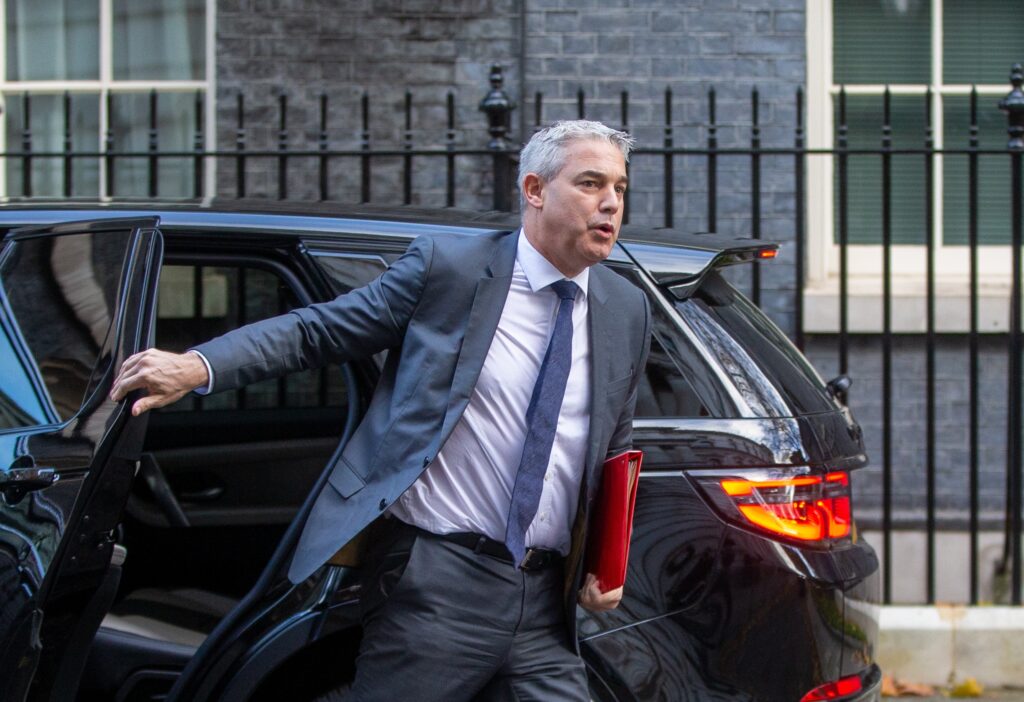The incident occurred on 17 October and was highlighted by the local Labour Party, as outlined below. The plant remains offline as of this morning (19 October).
Major concerns at the Beddington Incinerator as a power cut has led to acrid smoke for the past 24 hours spewing out into the local area. It was Cllr Tchil who alerted the EA to bring it to their attention treat as a #Serious #Incident @InsideCroydon @UKWIN_Network @plumeplotter pic.twitter.com/XCICbvPOBz
— Carshalton & Wallington Labour Party (@cwclp) October 17, 2023
Viridor confirmed in an email to residents on 18 October that the 347,000 tonnes per year capacity facility in Sutton suffered a power outage caused by a “UK Power Networks fault”. This meant that it paused the processing of waste and the plant remains offline, though the facility is understood to be still accepting but not processing waste.
The initial email explained that that “in line with design parameters”, the plant will “contain” any residual waste that was being processed and said this waste will “smolder and any flue gases will pass through the bag filters to remove any particulates.”
It said however that the “active abatement process was not operating” and no new waste has been introduced to the facility during this time.
The Environment Agency has been informed and Viridor is conducting an investigation, the company confirmed
A meeting is taking place at 17:00 today (19 October) with the local community.
A spokesperson for Viridor told letsrecycle.com this morning: “A UK Power Networks fault caused the Beddington ERF to come offline. Waste feeding stopped immediately, and the plant remains offline. The Environment Agency was informed and Viridor is conducting an investigation. Viridor is working with UK Power Networks to reconnect the facility and restart processing in accordance with the environmental permit.”
Capacity
The facility could soon be about to expand its capacity from 347,422 tonnes to 382,286 tonnes after the EA provisionally backed the proposals earlier this year (see letsrecycle.com story).
The SLWP named Viridor as preferred bidder for the facility in 2011 (see letsrecycle.com story) and approved the plant the following year, with a then capacity of 275,000 tonnes.
If the final capacity increase is approved, it means the capacity of the plant would have grown by more than 100,000 tonnes since then.










Subscribe for free